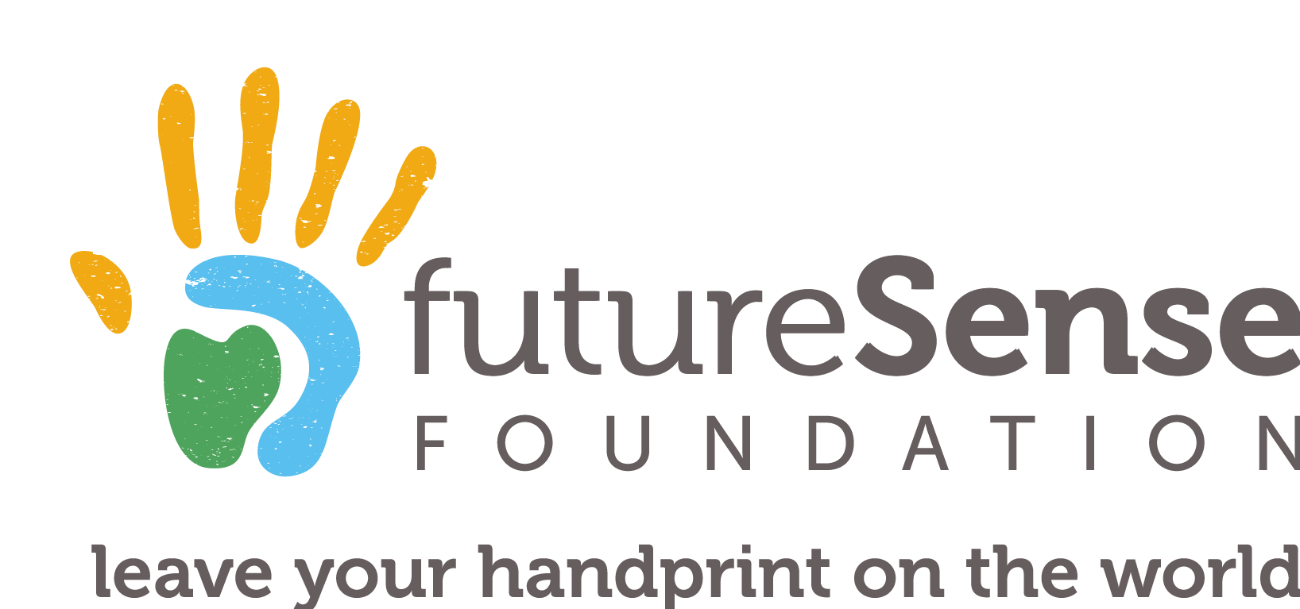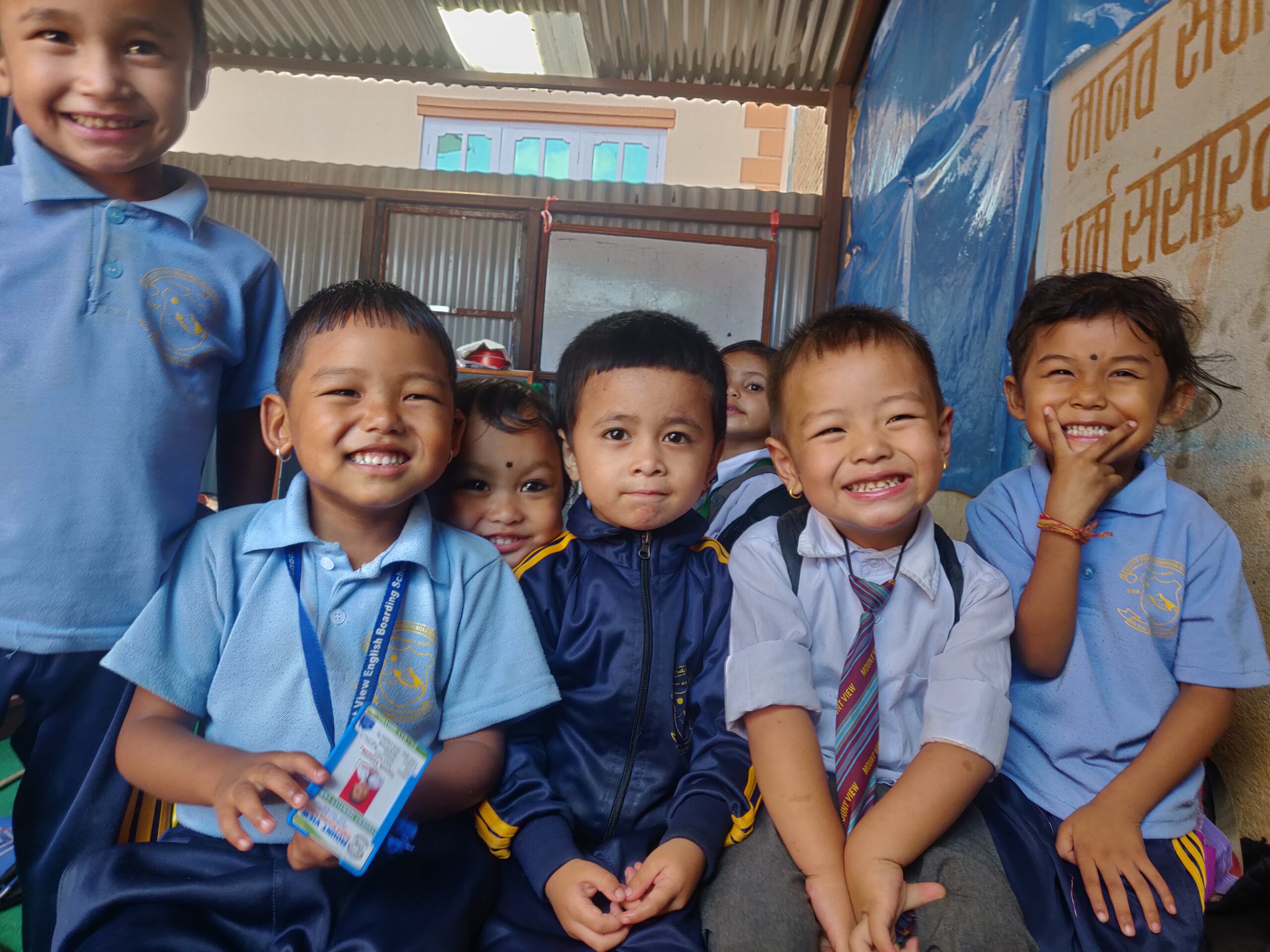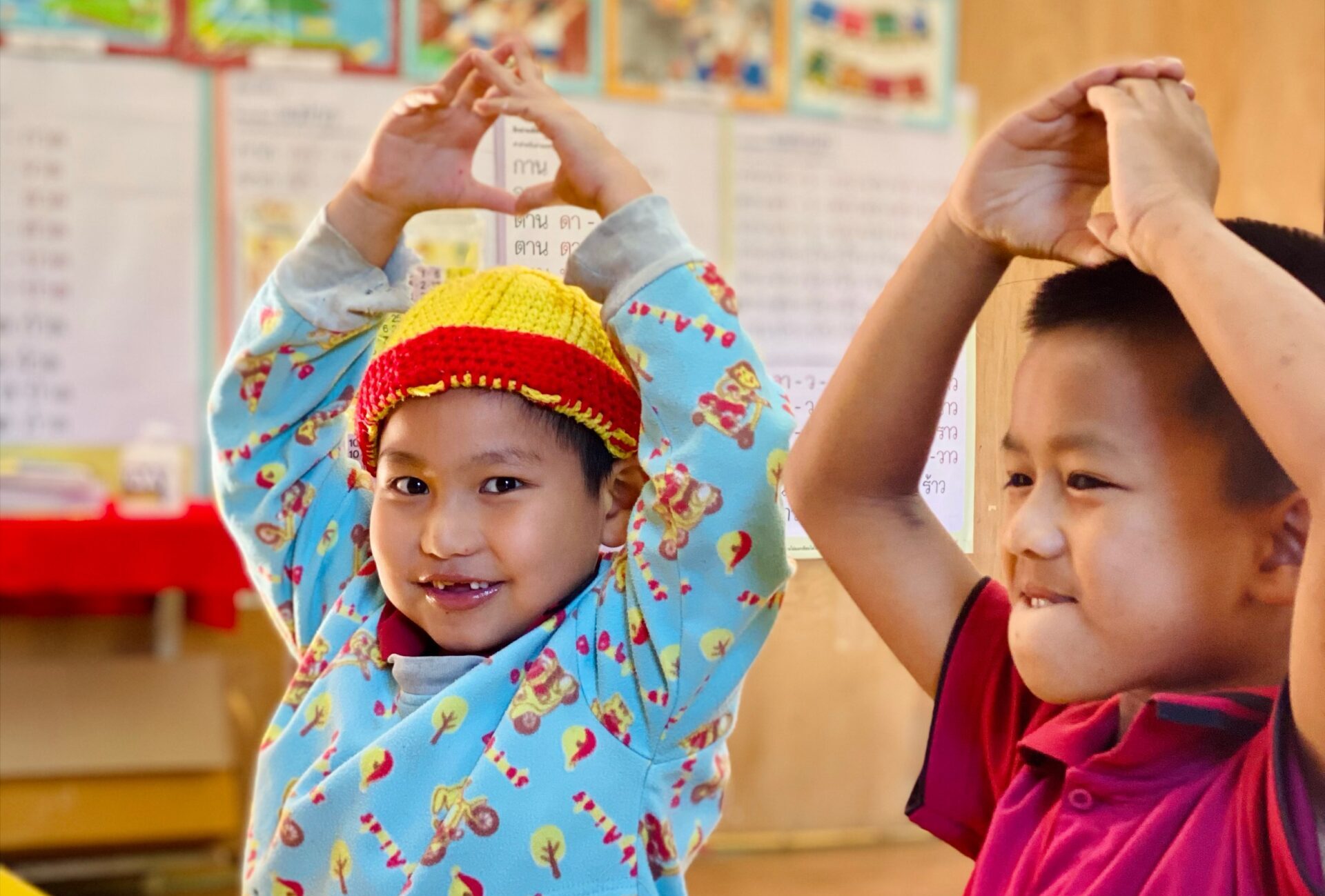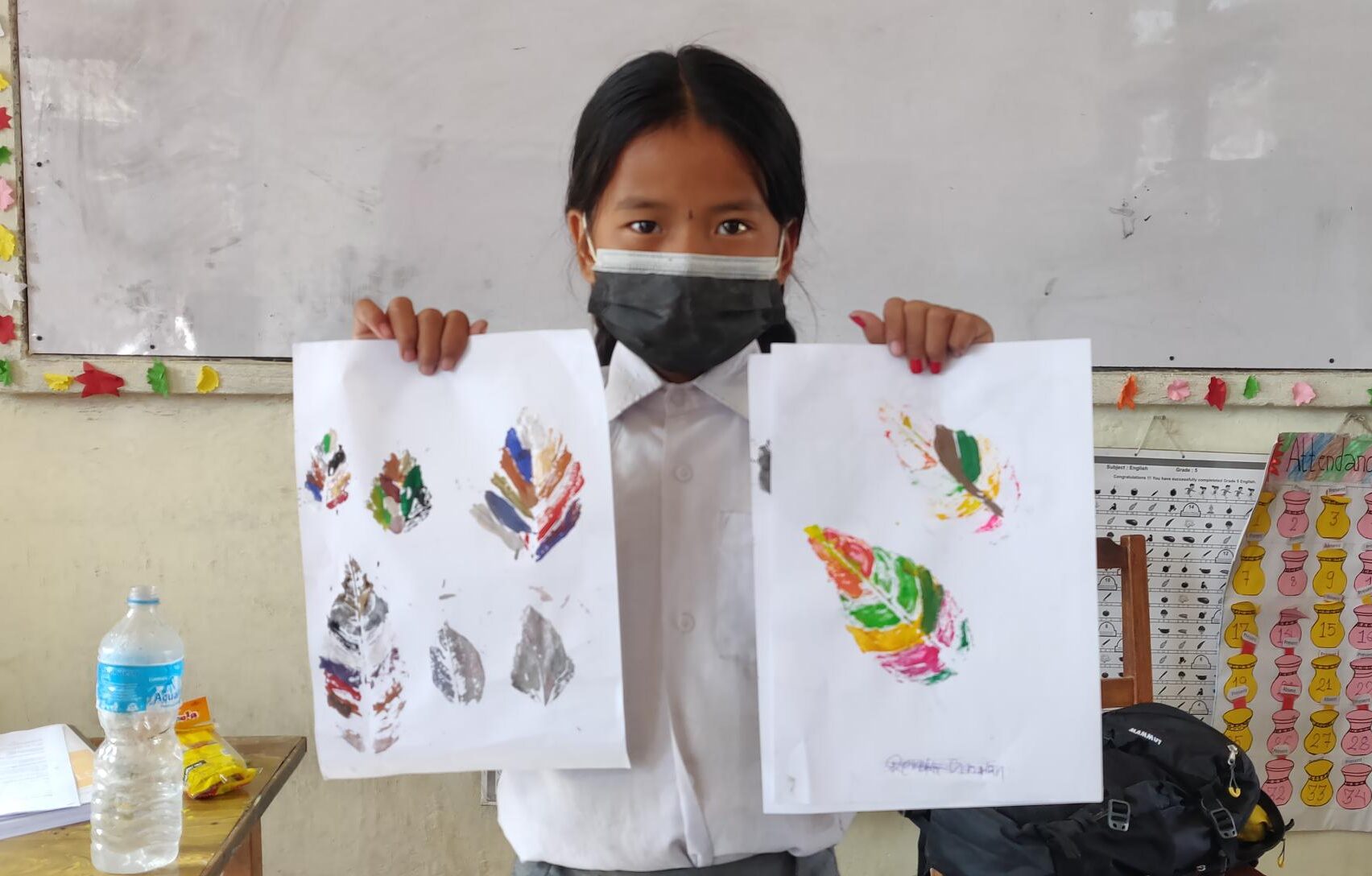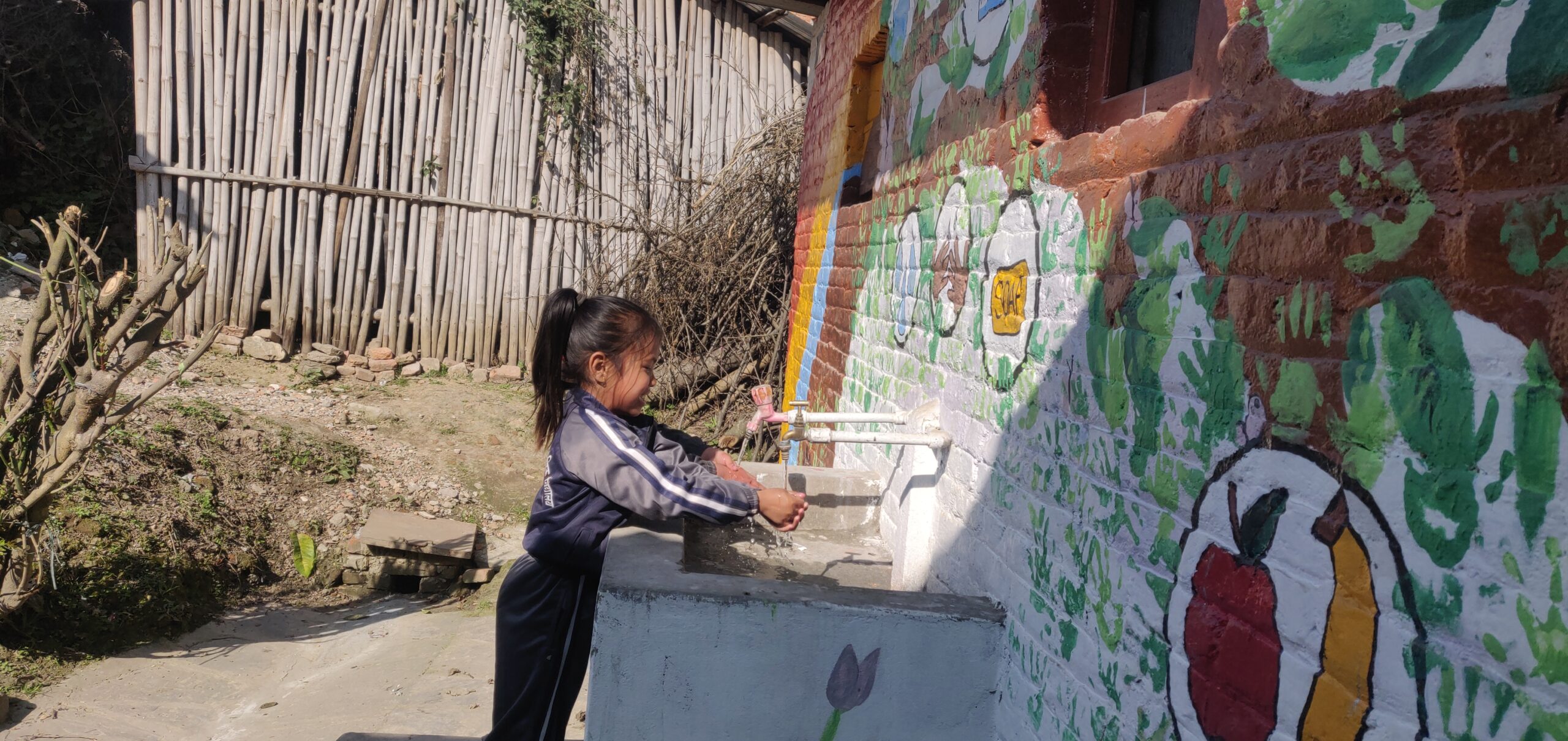Written by our Nepal Team.
Nepal hub update.
In most places across the nation, educational institutions have remained closed due to increasing cases of coronavirus. At the same time, schools are having public holidays due to the festivals: Dashain and Deepawali. Last week, we held a virtual meeting with teachers from one of our partner schools, Shreekhandapur High School, and learned that teachers are continuously making efforts to ease the challenges of remote learning by having mobile phone communication with students. They reported that overall approx. 80% children are in contact with teachers.
Teachers are happy as a large number of students are continuously in contact with them. They hope the remaining number of children will come into contact with them after the festivals. In the meeting, we spoke to the teachers about how they can support their students through our education box program which we’ve designed and developed. They were excited to hear of this! The education box program will be rolled out after the festival season is over.
In addition, the FSF Nepal Hub has finalized the health education box for Classes 6 and 7. Worksheets have been prepared with informative and fun activities that will excite and engage the students at home. At the same time, the lessons in the worksheet will address the topics the students learn at school. It can be advantageous for students who have no access to technologies. Similarly, the FSF Nepal Hub has reviewed and edited the FSF India Hub’s Education Box and is converting it into a Nepali version in order to engage the students in conversational English.
Virtual Internships.
The FSF Nepal Hub welcomed our first virtual intern on a project focused on Zoonotic and Insect-borne diseases in Nepal from the 12th October. The internship will be completed this week with the final presentation. The virtual meetings were held with the community partners, Dr. Mogal Shah, a senior livestock development officer at Dhulikhel Vet Hospital and Mrs. Luxmi Thapa, a senior nurse at Nepal Police Hospital. In the meetings, the FSF intern Bronte, discussed the issues related to the role of livestock in Nepalese economy and the transmission of zoonoses to humans. The VI meeting also focussed on the signs and symptoms of rabies, dengue, malaria, neurocysticercosis, brucellosis diseases and the treatment system in Nepal.
Similarly, the virtual internship on Nutrition has begun this week with the FSF intern, Belinda. The research will focus on the nutritional issues related to overall development of children and adolescents in Nepal. The outlined curriculum will be implemented to increase community awareness by the FSF Nepal team. The community partners for this project include Mrs. Kopila Karki, a lecturer and nurse at Chakrabarti Education Academy and Nepal Korea Friendship Hospital, Mrs Aastha KC, a public health inspector at Dhulikhel Health Information Centre and Mrs. Luxmi Thapa, a senior nurse and police officer at Nepal Police Hospital.
The virtual internship programs have provided great opportunities and a platform for the FSF Nepal Hub to connect and interact with community experts/partners regarding the challenges of local communities.

COVID-19 update.
COVID-19 cases have been significantly increasing in Nepal. The country has nearly reached 2 hundred thousand cases with more than 11 hundred deaths as of Saturday, 7th November. The capital city, Kathmandu has been hit with the highest number of cases in the country. According to news reports, people who have been in home isolation have started to go to hospitals due to severe symptoms such as difficulty in breathing and acute pains. There are also reports that the hospitals in the Kathmandu valley are full of COVID-19 patients.

Festive season in Nepal.
The months of October and November in Nepal hold two most important festivals: Dashain and Deepawali. This year, Dashain was celebrated at the end of October. Dashain is regarded as the greatest festival among Nepalese. In Dashain, people meet their relatives, and receive ‘Tika’ and ‘Blessings’ from the elders, spend their quality time with families by eating delicious meals and wearing new clothes. This festival continues up to 10 days by worshipping goddess ‘Durga’, the goddess of power. This year, the festival was shadowed by the pandemic. People tried to avoid large gatherings, meeting their relatives, and going shopping for new clothes due to fear of spreading coronavirus. However, in Kathmandu, there was people’s mobility during the season.
The other festival Deepawali, a festival of lights and colours, is already making its entry in Nepal. The festival lasts for up to 5 days. This year, the runs from 13th Nov until 17th Nov. During this time, people decorate their homes with tiny lights or small clay oil lamps and flowers. People wear traditional dress and visit homes for dancing and singing traditional songs in their communities which is called ‘Deusi-Bhailo’. However, this year, authorities across the nation have restricted Deusi-Bhailo programs due to the COVID-19 pandemic and this has suspended people from all age groups, especially teenagers being involved in the festival. Thus, the festival is also going to be overshadowed by the pandemic this year.
